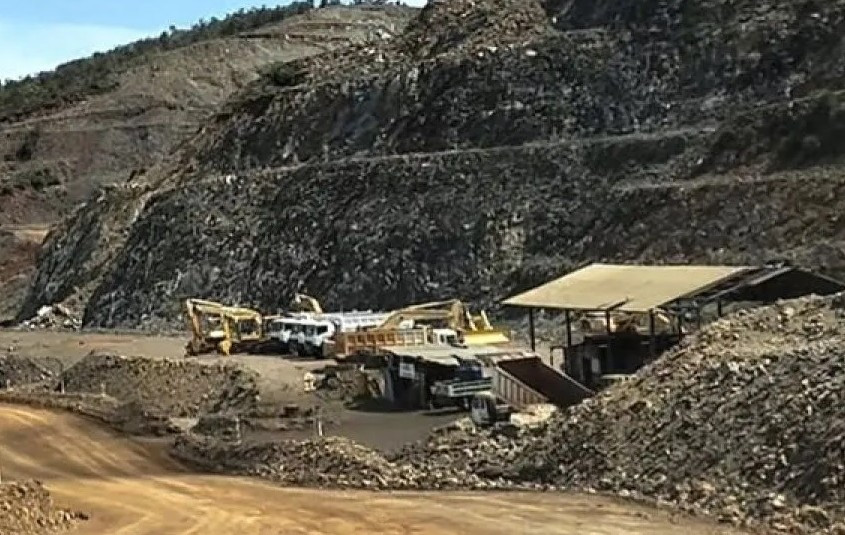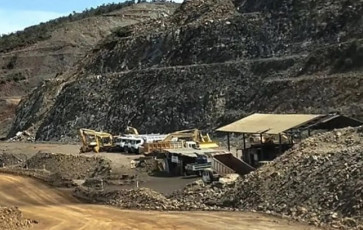Popular Reads
Top Results
Can't find what you're looking for?
View all search resultsPopular Reads
Top Results
Can't find what you're looking for?
View all search resultsRecentralizing mining license should not sacrifice regional justice
Raja Ampat is a litmus test for our mineral nationalism, which requires both reforming and restructuring into a social contract rooted in justice, inclusion and shared stewardship so the nation as a whole can prosper, even as it leads the globe in green minerals.
Change text size
Gift Premium Articles
to Anyone
I
n 2022, the government made headlines by revoking over 2,000 mining permits, framing the move as a decisive step toward “mineral sovereignty”. By reallocating many of these concessions to state-owned enterprises (SOEs) like MIND ID and Antam, Jakarta signaled a new era: One in which the country’s nickel, bauxite and tin would fuel the country’s downstream ambitions instead of private profiteering.
The goal was clear: leverage critical minerals for electric vehicle batteries, expand domestic smelters and maximize value onshore.
Yet beneath this strategic pivot lays an unresolved tension: How to align national industrial goals with regional rights, justice and sustainability?
This post-revocation policy traces its roots to the 2009 Mineral and Coal Mining Law and culminated in the 2020 Job Creation Law. These reforms recentralized licensing authority, undoing aspects of the previous decentralization era by restoring control over permits, royalties and environmental oversight in the hands of the central government.
For Jakarta, this consolidation promises more coherent governance and reduced corruption. But for provinces and districts that live with tailings and social upheaval, it feels like a political and fiscal demotion.
Proponents of the SOE-led model tout its patriotic and pragmatic virtues. State-led consolidation is said to enable large-scale investments that smaller firms simply cannot afford. And public ownership, in theory, adds a layer of accountability. But state capitalism is not inherently people-centric. When SOEs take over newly revoked concessions, the profits often flow to their headquarters in Jakarta while environmental degradation and social strain remain local.
Take Morowali, for example. The region has seen a boom in nickel smelting and job creation but also faces mounting challenges: land conflicts, a migrant labor influx and environmental harm. The very communities expected to support national development therefore often feel sidelined or sacrificed.



















